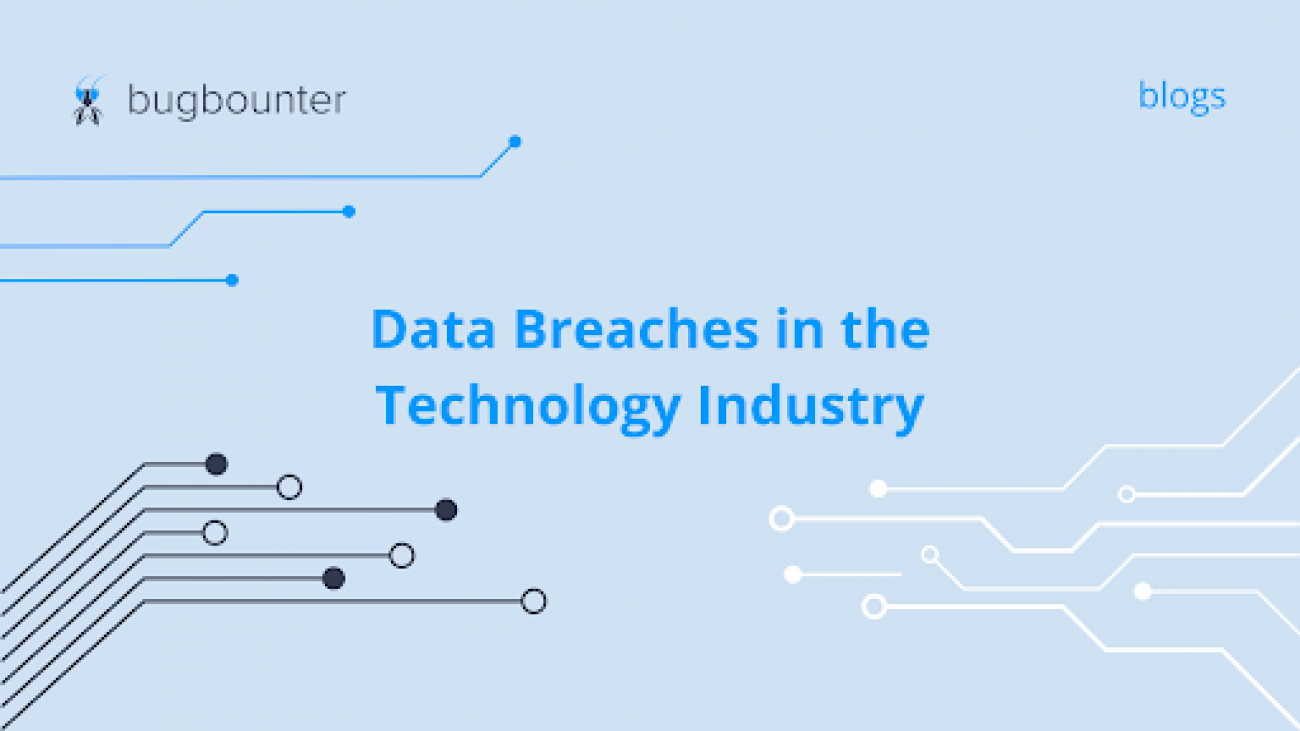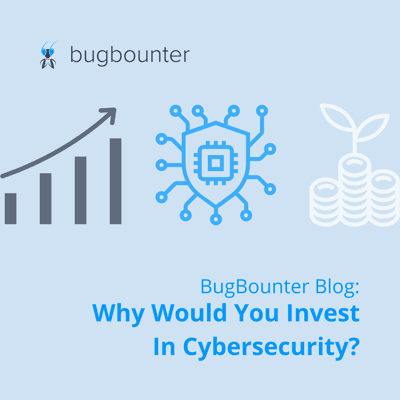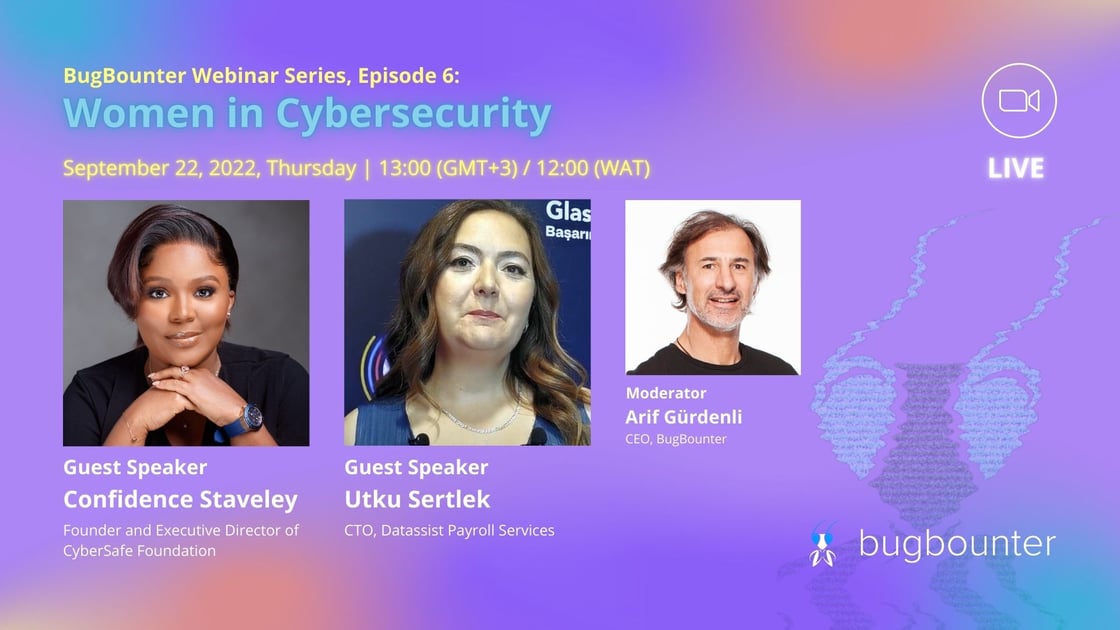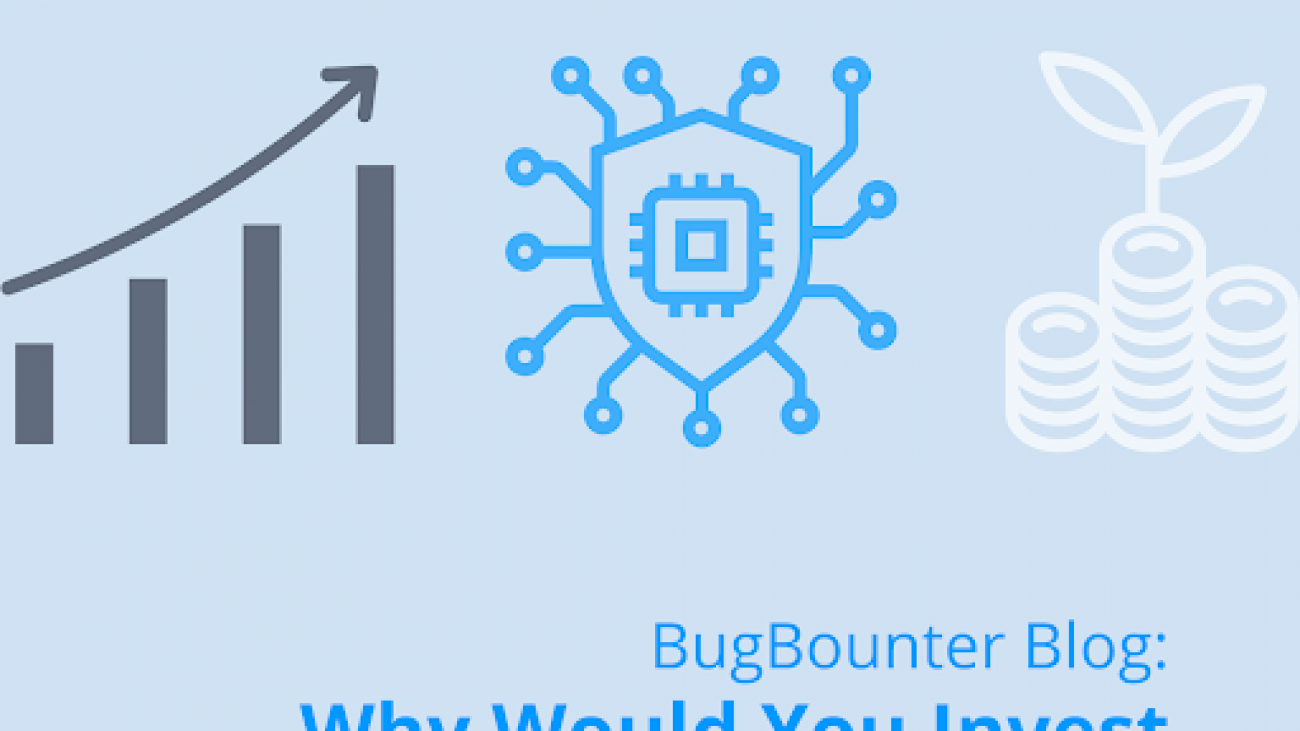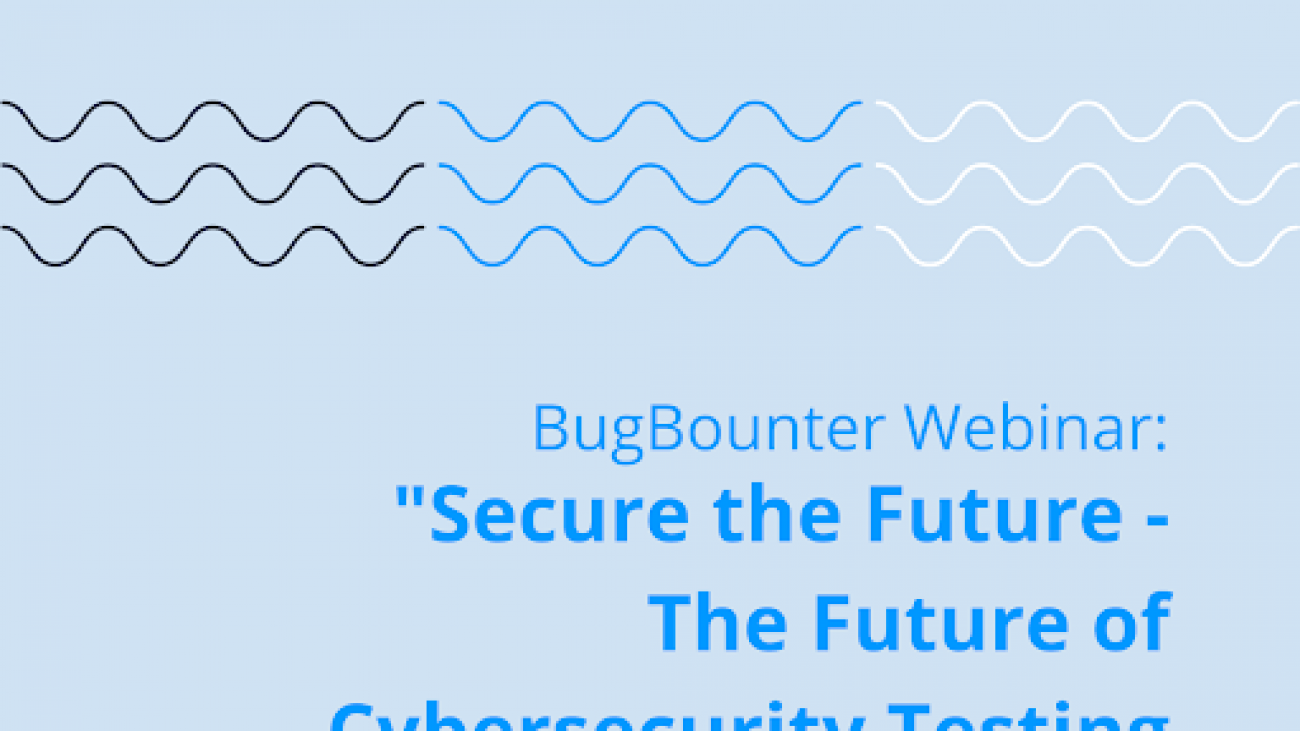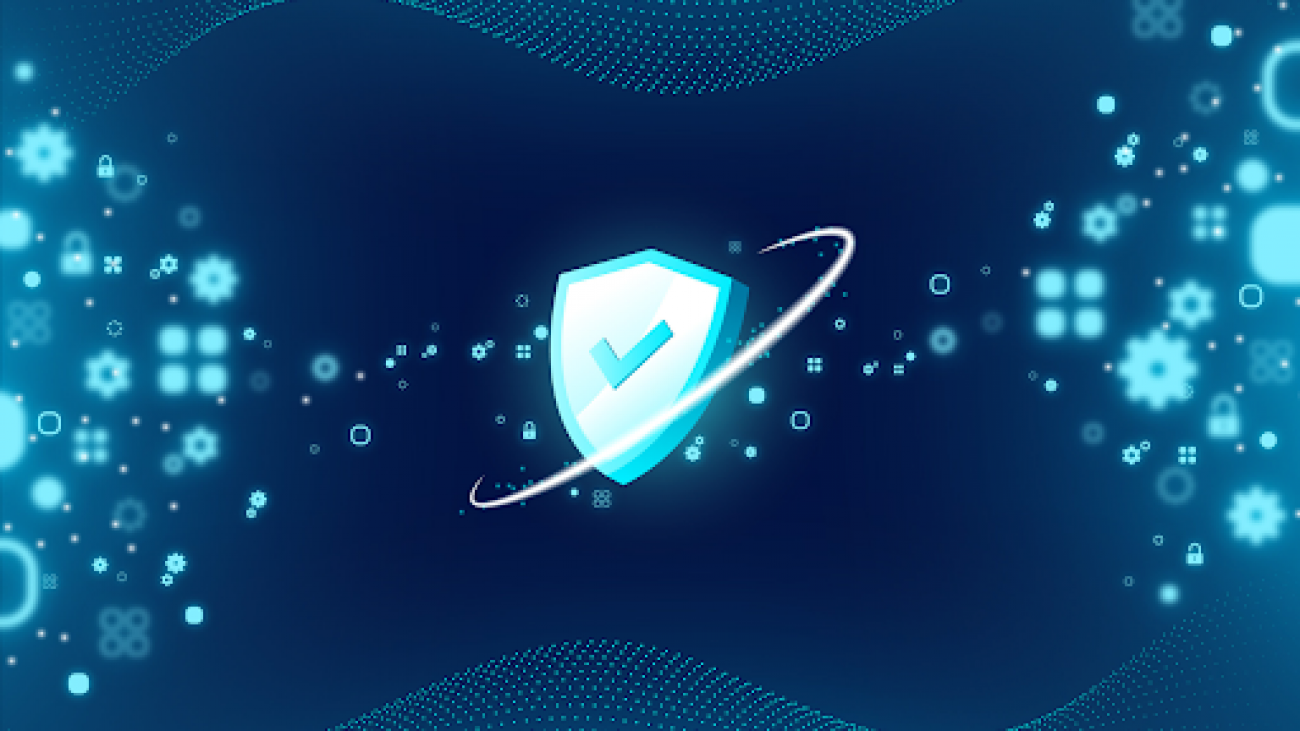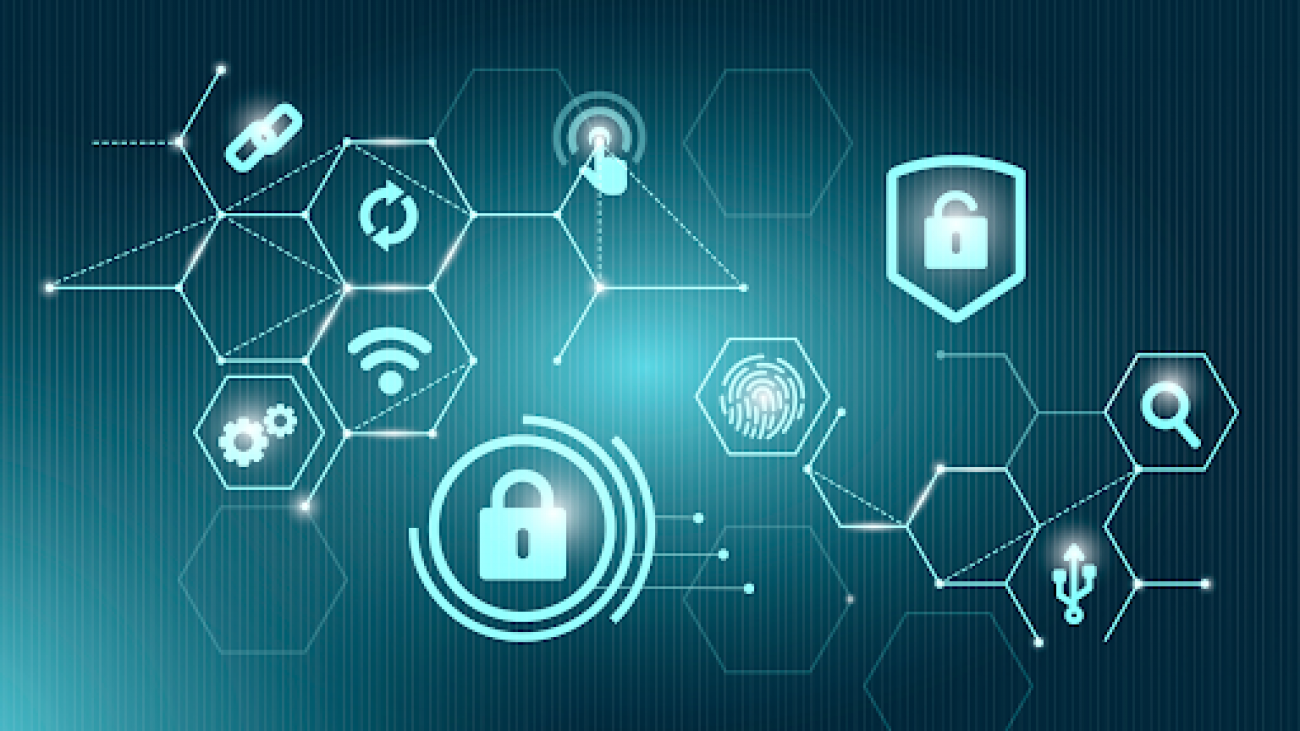The technology industry is one of the areas where specialists are taking the most advanced security measures against data breaches. The reason for this is the high value of the information stored as an integral part of the industry activities. However, the structure of the industry is directly related to the digital world. Therefore, large-scale information about cyber threats is accumulated, and cybersecurity competency among the specialists is advancing effectively.
Technology companies and their digital systems are the focus of cyber threats due to the valuable data they store. Storage of highly valuable data can create a major risk to the organization in case of a cyber-attack. 95 percent of data breaches originated from the public, retail, and tech industries in 2016. The majority of data breaches leading to the confiscation of sensitive information held by technology companies. This article focuses on the technology industry, the recent cyber attacks, and the methods of protection.

Major data breaches can cause major costs
Factors such as lack of cybersecurity awareness, and neglecting cybersecurity can leave technology companies vulnerable to risks. Another example of these factors can be the widespread use of new applications and new devices that were launched recently. Although new software is often tested at many points, it may not have sufficient defenses against cyber threats.
Companies can be open to platforms and structures to support creativity. This situation can lead to vulnerabilities in the company’s systems. Also, digital units affiliated with governments and institutions also can be vulnerable to cyber attacks. This can create not only large-scale financial costs but also large-scale data leaks which may cause political issues. Some cases that can be shown as an example in the world recently are listed below:
- A Chinese hacking group breached several German technology firms. According to the German government, the attack was primarily an attempt to steal intellectual property. (January 2022)
- Chinese hackers breached four more U.S. defense and technology firms in December, in addition to one organization in November. The hackers obtained passwords to gain access to the organizations’ systems and looked to intercept sensitive communications (December 2021).
- A group with ties to Iran attempted to hack over 250 Office 365 accounts. All the targeted accounts were either U.S. and Israeli defense technology companies. The companies had a focus on Persian Gulf ports of entry, or maritime transportation companies with a presence in the Middle East. (October 2021).
Types of data breaches and prevention methods
Data breach happens through the export of confidential data as a result of a cyber attack. The main techniques are listed as Ransomware, Malware, and Phishing. It was predicted that global cybersecurity spending would exceed $1 trillion cumulatively between 2017 to 2021. To protect against a data breach, you can:
- Check that your device software and operating systems are up-to-date.
- Use an internet security suite to monitor your network for any vulnerabilities.
- Keep up with the latest cyber threat information to avoid risks of ransomware and phishing attacks.
- Take action against vulnerabilities with a bug bounty program.
BugBounter provides effective solutions for data breaches to technology industry
Due to the threats the technology industry faces, and the spread of digitalization worldwide, taking security steps against cyber attacks is highly crucial for every tech company. Predictions for this area suggest that cyber risks will continue to grow, but the available safety solutions are also varied. The most effective option available in this regard is the bug bounty program.
You can obtain the adaptable cybersecurity testing support you need with BugBounter’s optimal costs. Your systems are thoroughly examined 24/7 for significant risks by actively involving the appropriate number of professionals from our network of more than 2200 white hat hackers. With “black-box testing“, our specialists attempt to break into your systems without the need for special access by tools and methods that are akin to those used by malicious hackers. When our white hat hackers detect a vulnerability in your systems, they submit it step-by-step with evidence thus, after being prioritized, you get a legitimate bug report. This gives your teams the time and resources they need to concentrate on the proper priorities while efficiently managing your security testing budget. This gives your teams the time and resources they need to concentrate on the proper priorities while efficiently managing your security testing budget.
You can now get in touch with BugBounter to detect the vulnerabilities in your systems and start fixing them to avoid data breaches and major costs that would be caused by those.
